Inclusive Rural Development Projects to be implemented in eight municipalities of Bardiya
Kathmandu, July 18: An agreement (MoU) has been signed between the Government of Nepal and the Government of the Republic of Korea for the implementation of the Inclusive Rural Development Project (IRDP) in Bardiya District.
Secretary at the Ministry of Finance, Ghanashyam Upadhyay and the Korean Ambassador to Nepal, Park Tae Young, signed the agreement in a MoU signing ceremony at the Ministry of Finance today.
The Korean government is to provide assistance equivalent to 8 million US dollars for this project through the Korea International Cooperation Agency (KOICA).
The project will be operational until December 2029. It will be implemented in eight local levels of Bardiya district.
The objective of this project, which will be implemented in Geruwa Rural Municipality, Badaiyatal Rural Municipality, Rajapur Municipality, Barbardiya Municipality, Madhuwan Municipality, Gulariya Municipality, Bansgadhi Municipality, and Thakur Baba Municipality, is to support rural communities through increasing agricultural production, establishing value chains, enhancing roads and infrastructure, creating market access, fostering entrepreneurship development, and generating employment.
The Ministry of Federal Affairs and General Administration will play a role in policy coordination and guidance for the implementation of the project, while the eight municipalities of Bardiya at the local level will act as implementing bodies.
While signing the agreement, Korean Ambassador Park Tae Young said that this project focuses on people-centered, inclusive, and sustainable development. He noted that the project will create long-term opportunities for local communities while maintaining environmental balance.
Finance Secretary Upadhyay on the occasion expressed confidence that the project, which will be operated with Korean assistance, will empower local governments and communities and help build an inclusive and economically strong society in accordance with the policies of the Government of Nepal.
Similarly, he expressed optimism about implementing this as a pilot project on how to benefit from a decentralized governance system.
Muhung Kong, Director of KOICA for Nepal, expressed optimism that positive and outcome-oriented achievements will be made from the project with the cooperation of local government and other stakeholders.
KOICA has been providing significant support in areas such as agriculture, health, technical training, rural infrastructure, and information technology in Nepal in the past.



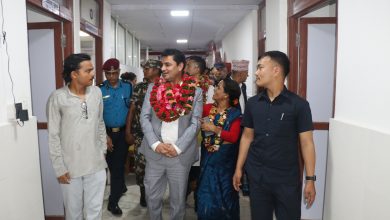
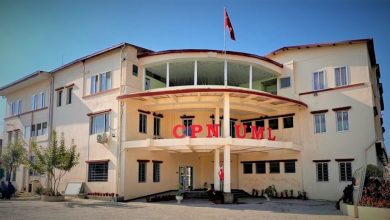
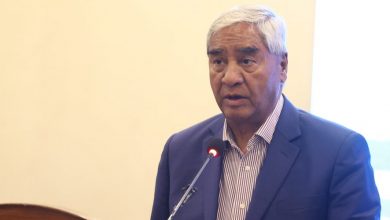
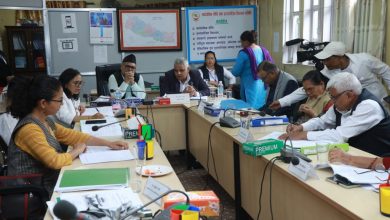
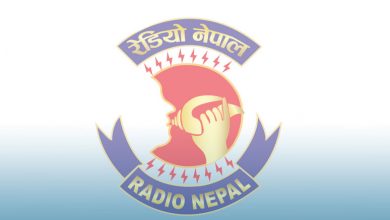
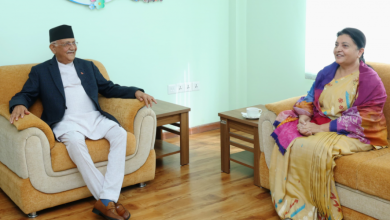
Comments